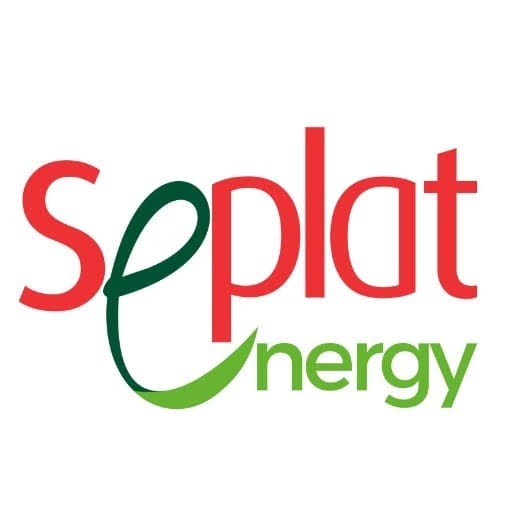As part of efforts to close Nigeria’s production gap and strengthen energy security, Seplat Energy Plc has announced the successful rehabilitation of 33 oil wells, with 26 of them currently producing about 33,000 barrels of oil per day.
Samson Ezugworie, Chief Operating Officer, Seplat Energy Plc, disclosed this at the opening ceremony of the 43rd Nigerian Association of Petroleum Explorationists Annual International Conference and Exhibition held in Lagos.
Ezugworie said, “We’ve worked on rehabilitating 33 wells and had success with 26, which are now producing about 33,000 barrels between them. That’s a step in the right direction to closing the current gap in production that could leave Nigeria with a shortfall in its revenues.”
He added that the company would continue to rehabilitate idle wells as part of its low-cost production recovery strategy.
The Seplat Energy COO, who spoke on the conference theme, ‘Revitalising the Nigerian Petroleum Exploration and Production Strategies for Energy Security and Sustainable Development’, stated that, “The imperative before us is clear. We must build a prosperous Nigeria, and we can only do that with affordable and reliable energy that is accessible to all.”
A statement by Stanley Opara, Corporate Communications Manager, Seplat Energy Plc, explained that more than 70 million Nigerians still lack access to electricity, and more than 170 million rely on biomass for cooking, which is detrimental to the environment and households.
The statement reads, “And with Nigeria’s population projected to reach 237 million by 2025 and 400 million by 2050, the urgency to act is undeniable, because today’s problems will become far worse if we don’t take action now to solve them. We will have 160 million more people to feed and house, and we need to create 100 million new jobs, but imagine what Nigeria can achieve if we do.”
According to Ezugworie, to meet these challenges, Nigeria must increase oil production, not just to boost national revenues and reduce the current shortfall so the government can meet its budgetary needs, but also to drive Gross Domestic Product growth that reinforces the country’s position as the economic powerhouse of the African continent.
He added that Seplat Energy believes the future of Nigerian production lies in three core principles: leadership, partnership, and stewardship. Ezugworie stressed that the principles had played out since Seplat Energy took control of its offshore assets, following its recent acquisition.
On the company’s gas business, he said, “We’ve also recently delivered our first cargoes of LPG from the newly upgraded Sapele gas plant, and I’m pleased to report that we’re well on track to ending routine flaring in our onshore operations, enabling us to reduce emissions, capture gas and monetise it, which is a win-win for Seplat, for the environment and for our communities. Our progress on gas initiatives like ANOH, Sapele, and LPG shipments is a testament to our commitment to Nigeria’s prosperity. These projects are not just about energy; they are about transforming lives and powering Nigeria’s development.”




